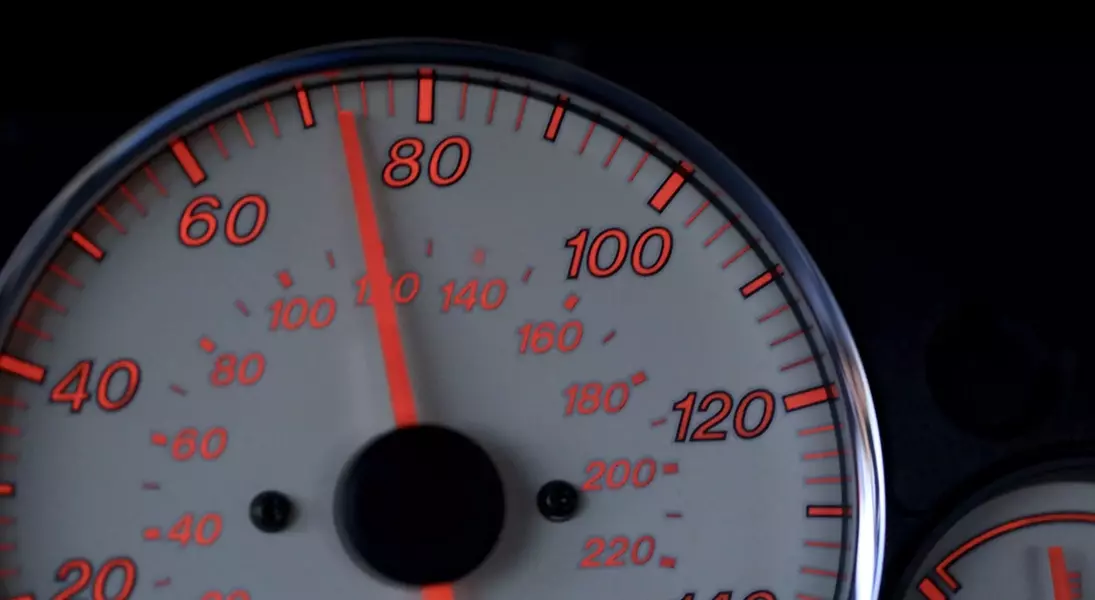




A recent legislative proposal in Wisconsin aims to mandate the installation of speed-limiting devices in vehicles belonging to individuals with repeated reckless driving offenses. This technology, referred to as "speed assistance," would leverage GPS to monitor local speed limits, preventing drivers from exceeding them by more than 20 mph. Drivers identified as having two or more reckless driving violations within a five-year period would be required to use these devices for at least a year. Failure to comply could result in substantial fines and potential jail time. This comes as Wisconsin faces a high rate of speeding incidents and a significant increase in traffic-related injuries and fatalities, particularly in Milwaukee.
The debate surrounding this legislation highlights both its potential benefits and its drawbacks. Proponents argue that the devices offer a pragmatic solution to deter reckless driving, emphasizing the importance of public safety and the need for accountability among dangerous drivers. They believe it offers a consequence that impacts drivers directly without immediate incarceration. Conversely, critics voice concerns about the financial strain on low-income drivers, the perceived infringement on personal freedom, and the creation of a surveillance-like environment. Some also question the practicality of the devices in emergency situations where exceeding the speed limit might be necessary, and suggest alternative approaches like expanding the use of speed and red-light cameras.
Addressing the practical challenges associated with the proposed speed assistance bill is crucial for its effective implementation. Discussions are already underway to mitigate concerns, such as providing accommodations for lower-income individuals to alleviate the financial burden. As Wisconsin grapples with these logistical and ethical considerations, the state may explore alternative solutions if the current bill does not pass, including the increased deployment of traffic cameras. The experience of other states, such as Virginia, which recently adopted a similar speed assistance program set to commence in 2026, could offer valuable insights for Wisconsin's path forward.
Ultimately, the discussion around vehicle speed limiters in Wisconsin reflects a broader societal challenge: balancing individual liberties with collective safety. While the intent to reduce road fatalities and reckless behavior is commendable, any solution must be carefully crafted to address the diverse needs and concerns of the population. By fostering ongoing dialogue and considering various perspectives, communities can work towards innovative and equitable solutions that promote safer roads for everyone, without compromising fundamental values.
